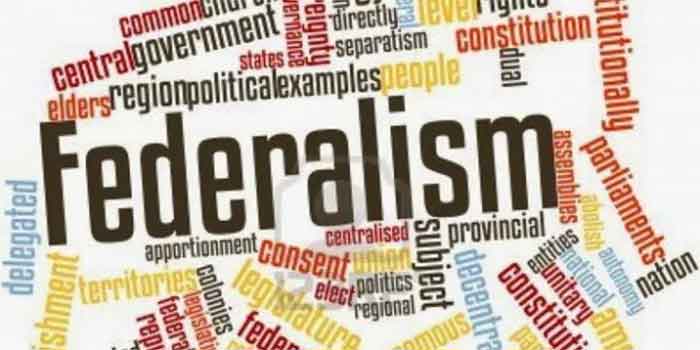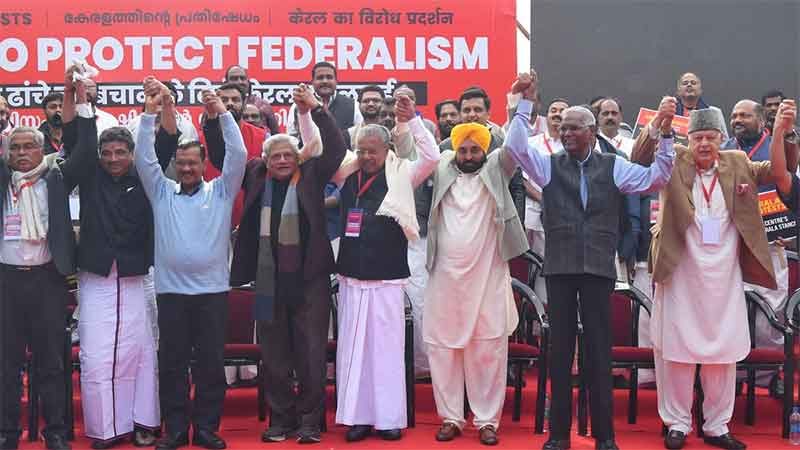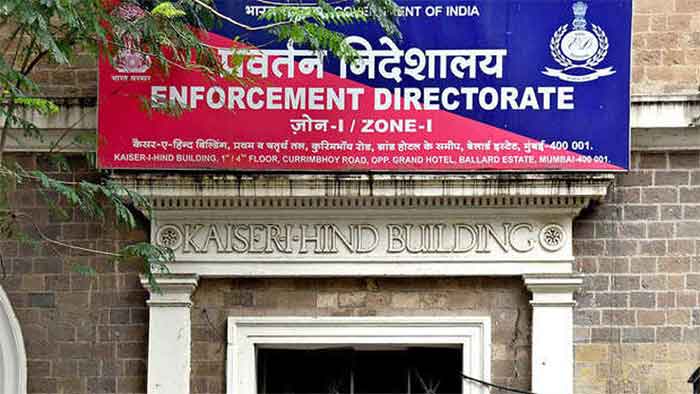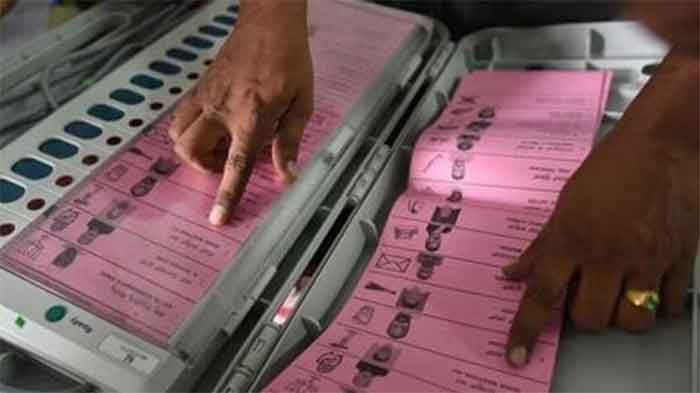
To
Shri Bhagwant Mann
Chief Minister
Punjab
Dear Shri Mann,
Let me take this opportunity to congratulate you on taking over as the Chief Minister of Punjab. I am sure that your government will help open a new chapter in the politics of the State for the good of the people.
In the federal framework in which the Centre and the States are expected to function harmoniously in accordance with the Constitution, the States, which are nearer the people and are therefore more directly accountable to them, play a crucial role in promoting balanced socio-economic development of the communities relevant to their respective areas. The relations between the Centre and the States are expected to be based on mutual respect and trust. The successive governments at the Centre during the last several decades had consciously nurtured and promoted this concept.
In recent times, there has been a distressing tendency on the part of the Centre to intrude unduly in areas that legitimately belong to the States, which has the effect of eroding the political identity of the State. Indirectly, this has also the effect of the Central leadership taking undue credit for schemes implemented by the States out of their legitimate share of the fiscal resources due to them and, where there are shortcomings in the design of the schemes formulated by the Centre, the Centre trying to pass on the blame conveniently to the States. Weakening the States politically or otherwise would, in the long run, weaken the Centre. These are disturbing trends that do not augur well for the well being of the nation. The States need to take note of this and put up a collective front to contain this trend. The Centre, on its part, should become aware of the long-term adverse implications of weakening the States and desist from policies that tend to erode their authority.
To cite one very recent example, the Centre has recently set up a separate Ministry for Cooperation under the aegis of the Union Home Minister (not under the Union Agriculture Ministry that deals with the subject!), whereas the subject, “Cooperation” appears at Item No. 32 of the “State” List in the Seventh Schedule to the Constitution. Already, the new Ministry of Cooperation is in the process of finalising a “national” policy on cooperation and is about to come up with a Multi State Cooperative Societies (Amendment) Bill, 2022 to be introduced in the Parliament shortly. On the other hand, the concept of cooperation needs to be adapted to suit the ground realities in each State. There are outstanding examples of different models of cooperatives succeeding in different States. By and large, it is the States which have predominantly contributed to the cooperative movement in the country. There is therefore no justification whatsoever for the Centre to assume an overriding authority on the subject. In the three-tier democratic set up the Constitution has provided, it is desirable to decentralise and devolve decision making process downwards, rather than centralising it.
The Delhi Municipal Corporation (Amendment) Bill, 2022 that the Centre has recently introduced in the Lok Sabha is yet another example of how it is trying to abridge the authority of the elected governments of the States. This Bill seeks to undo the legislation enacted in 2011 by a duly elected Delhi Legislative Assembly and reduce the Delhi government’s authority. It is all the more distressing to note that the Centre’s initiative is aimed more at gaining a narrow political advantage for the ruling political party than for promoting the overall welfare of Delhi’s citizens.
In this connection, I invite your attention to the series of letters I have written to the Chief Ministers of Telangana, Tamil Nadu and Kerala on the subject (copies marked to your office also), appealing to the States in general to set up a “federal front” against such tendencies. These letters are accessible at
https://countercurrents.org/2022/02/onslaught-on-federalism-an-appeal-for-a-federal-front/
The following are the specific subjects on which such a Federal Front may consider acting collectively.
- Diversion of funds at the cost of the States to enlarge the scope of Centrally Sponsored Schemes (CSSs) and Central Schemes (CSs) that encroach on subjects that belong to the States, often with photographs and messages that seek to assign undue credit to the political executive at the Centre, a feature that is reported to have impacted the outcomes of the recent Assembly polls. Allocation of revenue resources between the Centre and the States and among the States should be entirely rule-based, not amenable to the whims and fancies of individual political personalities.
- The Centre’s tilt in favour of levying cesses and surcharges on certain items, the revenue from which goes into a pool in which the States have no claim, clearly betrays the underlying motive on the part of the Centre. This runs counter to the spirit of federalism.
- Legislative overreach: The Centre unilaterally enacting laws such as the three farm Laws and the Bill to amend the 2013 Electricity Act tends to curtail the States’ authority, without casting a matching accountability on the Centre. Enacting such laws without consulting the stakeholders including the States is undemocratic and unsustainable. The consistency with which the farmers groups resisted had finally forced the Centre to revoke these legislative moves but there is no guarantee that the Centre, ever ready to encroach on the States’ authority, would not revive them any moment now.
- The Centre’s unilateral, sweeping orders of December, 2021 on large-scale CPSE disinvestment and the subsequent orders on monetisation of CPSE lands in which the States have a significant stake in several ways has evoked resistance from the States. CPSE disinvestment will not only disrupt the lives of 9,19,648 existing employees out of whom 4,58,658 belong to the SCs/STs/OBCs, but also preclude future reservations for the SCs/STs/OBCs It is ironic that it is the States that had acquired lands from the land-owners for the CPSEs in the first instance but it is the Centre that bridges its fiscal deficit from the disinvestment proceeds, a situation that is patently unacceptable.
- The latest proposal of the Centre to disinvest the LIC, which, by dismantling the vast social security cover the Corporation provides, would also adversely impact millions of disadvantaged LIC policy holders across the States and reduce the LIC’s future involvement in funding infrastructure and social sector projects of the States. No wonder that the legislative assembly in one State has unanimously passed a resolution opposing the LIC disinvestment and the legislative assemblies of several other States may follow.
- Even on subjects that strictly belong to the Centre under the Seventh Schedule, the previous governments at the Centre, respecting the federal spirit, used to consult the States and the other political parties. For example, though it is the Centre that has the prerogative of formulating the nation’s foreign policy, it ought to have taken all the political parties and the States into confidence on its approach to the recent Ukraine war, as several States under pressure from the distressed parents of the students affected by the war had to organise intra-Ukraine transportation for their children, of course, in consultation with the Indian Embassy. Defence, foreign policy etc. impact the people to whom the States are more directly accountable.
In all such matters, close consultations with the States and the public at large would enrich the policies, an opportunity that the present NDA government at the Centre seems to be deliberately missing.
Attempts to centralise all policies through slogans such as “one nation, one ration“, coupled with individual photos affixed to the identity cards (for example, the Prime Minister’s photo displayed on Covid vaccination certificated), and direct cash transfers by the Centre from the resources that should legitimately belong to the States, to the bank accounts of the people, tend to give undue political advantage to the Central leadership, at the cost of the States. Instead, the Centre ought to have strengthened the hands of the States in such matters. In a democratic set up like ours, in which the Centre and the States should function as equal partners, such a unilateral, motivated approach to gain political advantage at the cost of the States is unacceptable. Unless the States come together in the form of a Federal Front, it cannot be contained effectively.
I, therefore, appeal to you and your colleagues in the other States, to whom I am sending copies of this letter, to come onto a common platform, discuss these developments objectively and, collectively act to protect the spirit of federalism that should prevail in the long-run. The States should realise that affront to federalism in the case of one State amounts to an affront to the concept of federalism in general.
I hope you will appreciate these concerns and act together, urgently.
Regards,
E A S Sarma
(Former Secretary to Government of India)
Visakhapatnam















































